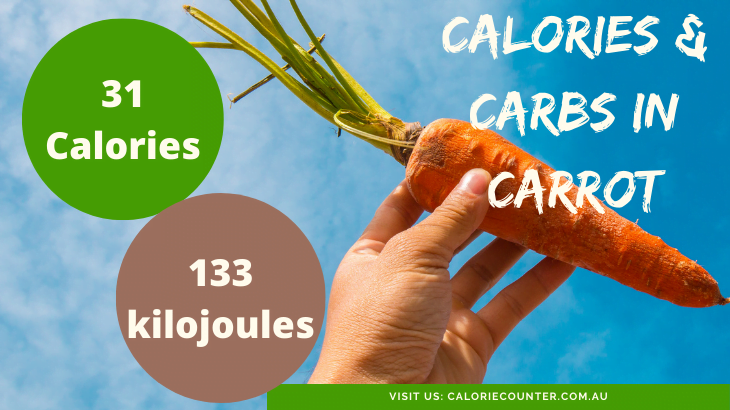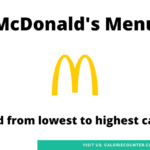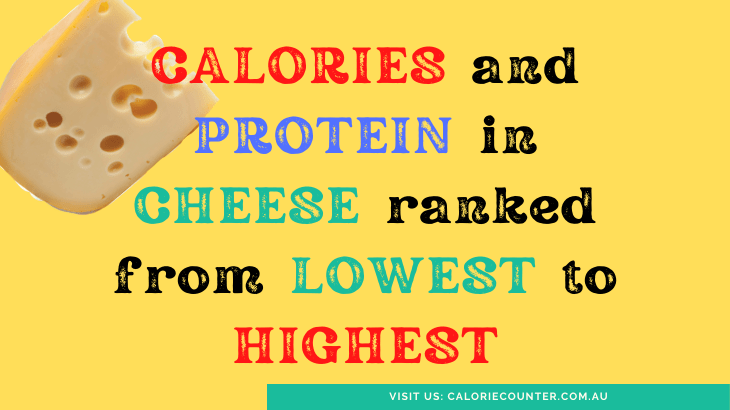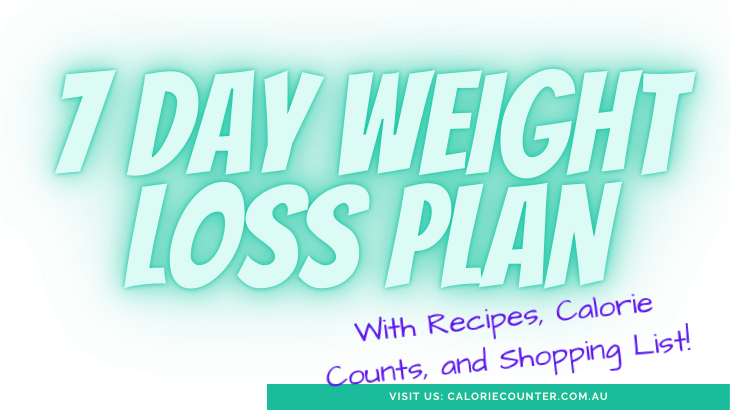Does the humble carrot live up to its reputation as being super-low in calories and carbs? The average person crunches through 5 kilograms of carrots every year, so it is possibly the world’s most popular vegetable. Let’s take a close look at carrot nutrition to find out why!
Carrot Calories: 20 calories in a carrot
With just 32 calories per 100 grams in raw carrot, it is safe to call carrots a low-calorie food. A medium carrot weighs about 60g, which means that there are 20 calories in a carrot. Using our kJ Converter, we see that 1 carrot has 84 kilojoules.
30g carrot has 10 calories (half carrot, sliced lengthways). 2 medium carrots have 40 calories. One cup of chopped carrots weighs about 120g, so factor in 38 calories if you are adding this to your stew.
For comparison, on a weight-for-weight basis this is about the same calorie value as for onions, pumpkin, and cabbage. Contrast this with peas, potatoes, and grapes which have about double the calories (by weight) of carrot.
There are many different types of carrot and ways to cook them. Use our Food Search Box to find calories, kJ, and nutrition information per 100g for the type you’re most interested in:
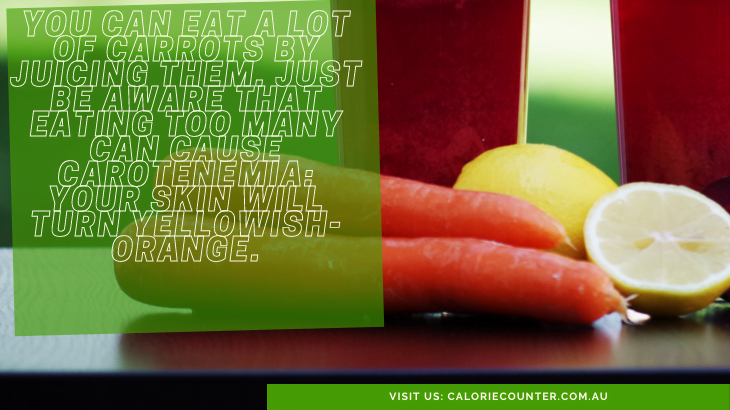
About the Carrot
The carrot is a “true root” vegetable, like radishes, parsnips, and beetroot. It is called a true root vegetable because what we call a carrot is the main taproot of the carrot plant, it is not a tuber like potato. Historically, carrots were primarily grown for their leaves and seeds, but over time selective breeding led to the root becoming the main food object.
There are two main cultivar groups, or varieties, of carrot but this post features just the most popular type: the Western Carrot. This is the unbranched orange coloured carrot you usually find at your local supermarket.
Baby Carrots and pre-processed Carrot Sticks
A quick note on “baby carrots” usually sold at a premium in supermarkets. Two things: first, there is no such thing as a “baby” carrot. Carrots are roots and roots don’t have babies. There are small carrots and big carrots and bigger carrots. Secondly, about three-quarters of all packaged “baby carrots” are normal big carrots which have been washed and chlorinated, cut in two or three, then shaped to look like small carrots.
Nutritional Value of Carrots
Raw carrots are mostly water and plant fibre (cellulose), in fact only 9% of a raw carrot is not made from water and fibre. That remaining 9% is made up of sugar (about 5%) and the final 4% is comprised of more complex carbohydrates. There are useful micronutrients in carrots, including vitamins like Vitamin A, B, C, and K, as well as minerals Potassium, Calcium, and Manganese. Whilst the Vitamin A levels are abundant, the other micronutrient levels are comparatively low.
Carrots have lots of Vitamin A
The stand-out micronutrient is Vitamin A which is made in our bodies from Carotene. Carotene is the family of chemicals which give carrots (and other orange/yellow plants) their distinctive colour. There is a lot of carotene in carrots. How much? A lot. Consider that just 100g of carrot provides more than 100% of the average person’s recommended daily intake level.
Vitamin A is important for eye-health, hence the myth that eating carrots helps you to see in the dark.
Carbs in Carrots (4-5g per 100g)
Carrots, with about 4-5 grams of carbohydrates per 100g, are not particularly low in carbohydrates. In terms of carbs, raw carrots are comparable to milk, beef sausages, chicken kebabs, and steamed mussels. Foods like capsicum, scrambled egg, and lamb casserole have less than half the carbs of carrot. Truly low-carb foods like meat, eggs, broccoli, and mushroom have zero to 1 gram of carbohydrate per 100g. Carrots are low-calorie, but they are not low-carbohydrate!
Raw VS Cooked Carrots
When carrots are cooked, for example by boiling or steaming, they become much easier to digest. Does this mean that their nutritional value increases? Yes! Some studies show that about twice the amount of Vitamin A (via Carotene) becomes available after carrots have been cooked. This is because the cooking process breaks down the carrot’s cellular structure to release the nutrients within. However, there is not much of a change in the calorie value between cooked and uncooked carrots.
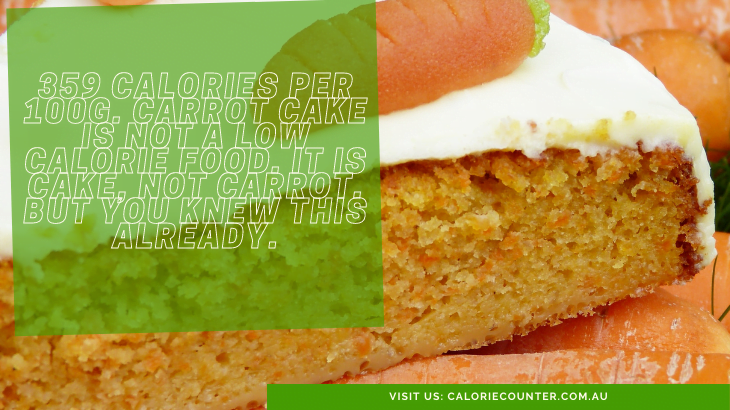
Calories in Carrot Juice: 78 calories per cup
Carrots make a refreshing juice which is sweet enough to be pleasant. In fact, carrot juice is arguably the most popular vegetable juice on the planet. There are 31 calories in 100ml of carrot juice, so a typical cup of carrot juice (250ml) contains 78 calories. It might seem like a good idea to down a couple of cups of carrot juice everyday but beware of Carotenemia. Carotenemia is a condition caused by eating too many carrots. The carotene in the carrots (specifically, beta-carotene) infiltrates the skin, resulting in yellowish-orange discolouration which lasts for months. Whilst it is hard to eat cupsful of raw carrot every day, it is much easier to drink them as juice!
Calories in Carrot Soup: 40 calories per 100ml
Carrot soup is a great choice for people who are being careful with their calories. When carrots are the main ingredient in a soup, the other ingredients should be bland enough so as not to overpower the carrot flavour. Alternatively, a spice which complements the carrot flavour can be used (think coriander and cinnamon). A typical carrot soup contains about 40 calories per 100ml, if the carrots play the starring role, and the other ingredients are not bacon and/or cream.
Calories in Carrot Chips: 79 calories per 100g
Grab a handful of raw carrots, cut them into square strips, season with salt and pepper, then fry or bake with a spray of oil or brush of butter. That is the basic recipe for carrot chips which can be a substitute for regular potato chips. The jury is out on the flavour comparison, but with just 79 calories per 100g, they have a 136 calorie advantage over homemade potato chips!
Calories in Carrot Cake: 107 calories per slice
Of course, not everything with the word “carrot” in its name is low-calorie. Carrots have been a popular ingredient in desserts and cakes for hundreds of years, probably because of their high sugar content and crispy/chewy texture. In fact, one of the oldest recipes for carrot cake comes from an ancient tome written in England circa 1590! A typical carrot cake bought from your local bakery has about 359 calories per 100g (107 calories for a 30g slice).
Are Carrots good for Weight Loss? Yes!
Low calorie: check. High fibre: check. Good nutrition: check. In theory, carrots are good for weight loss, but they do come with disadvantages: they are not low-carb; they can cause carotenemia; raw carrots can be hard to digest.
However, for us, the biggest disadvantage is a cultural one. There is a persistent meme or trope which involves overweight losers crunching on celery and carrot sticks whilst looking on as “normal” people tuck into “normal” food. It is hard to stay motivated when the memes say LOSER.
As we have written in other posts, we do not believe in “food halos” and carrots happen to be a health-halo-prone food. We think you should enjoy carrots as part of a healthy, balanced diet, but do not single them out as a “weight-loss” food.
